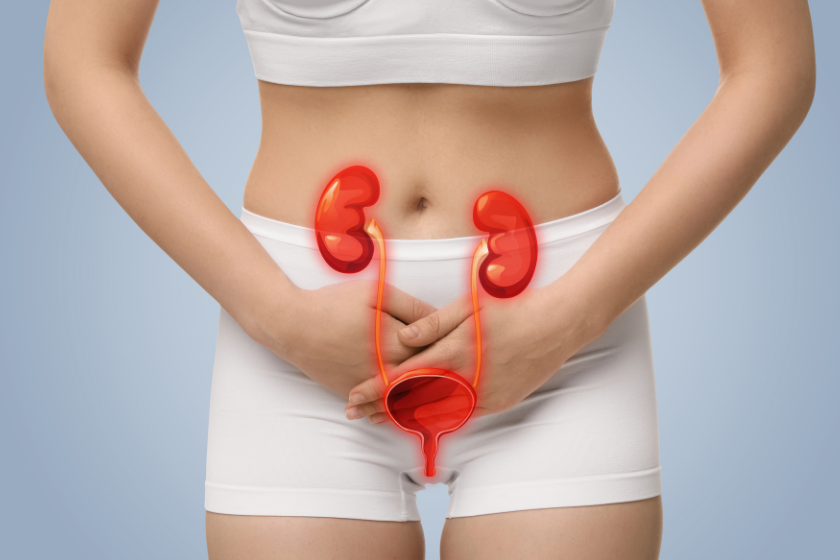


Erectile Dysfunction (ED), commonly referred to as impotence, is a medical condition characterized by the inability to achieve or maintain an erection sufficient for satisfactory sexual performance. It can affect men of all ages, although it is more prevalent in older men. ED can be a temporary issue or a chronic condition, and it may have a significant impact on quality of life and relationships.
Erectile dysfunction is the inability to obtain or maintain an adequate erection for sexual intercourse. Symptoms may include difficulty achieving an erection, difficulty maintaining it during sexual activity, and decreased sexual desire.
There are various causes that can contribute to erectile dysfunction, including physical factors such as cardiovascular diseases, diabetes, hypertension, obesity, and hormonal disorders. Psychological causes can also include stress, anxiety, depression, and relationship problems.
The diagnosis of erectile dysfunction generally involves a medical evaluation that includes a review of the patient's medical history, a physical examination, and possibly additional tests, such as blood tests to evaluate hormone levels or erectile function tests.
There are several treatments available for erectile dysfunction, including oral medications (such as sildenafil, tadalafil, and vardenafil), hormone therapy, vacuum devices, injections into the penis, and in some cases, surgery. The appropriate treatment depends on the underlying cause and should be discussed with a doctor.